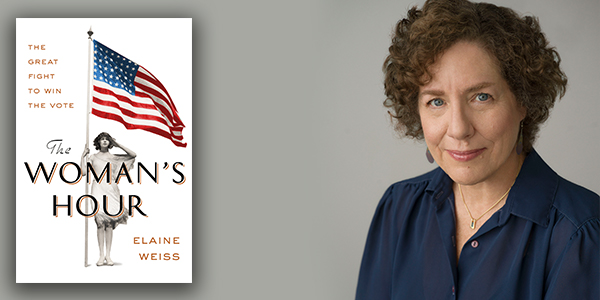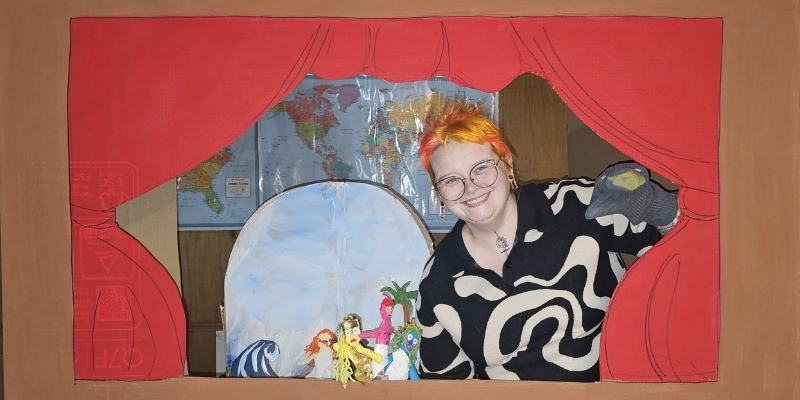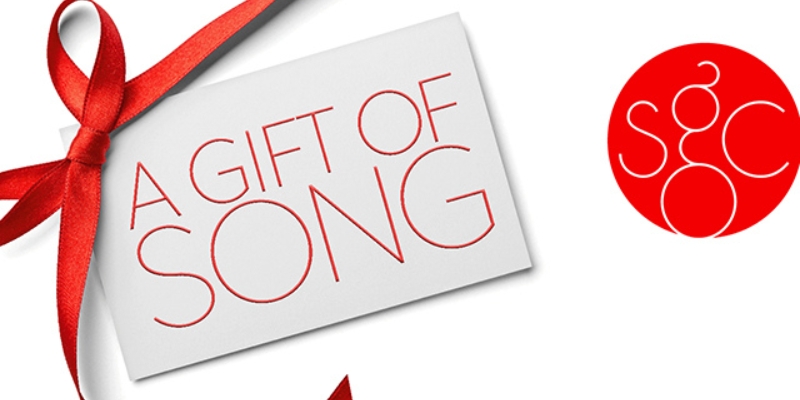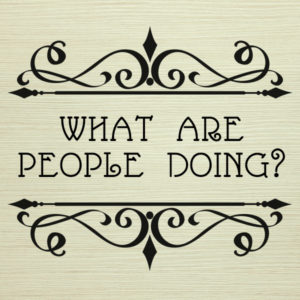 Every week the Town Crier blog will look back at Seattle’s near forgotten Town Crier magazine to see what was happening then and talk about what’s happening now. One of the largest sections of the original Town Crier was “What People Are Doing,” highlighting things like, “The Northwest has virtually a monopoly on the sphagnum moss supply, for this is the one section of the country it may be obtained the whole year,” and, “Save your fruit pits and nut shells and help save the lives of our men who are exposed to German gas attacks, which still go on.” In this new series we’re revisiting the old column and tying it to our community’s current happenings, asking: “what are people doing?”
Every week the Town Crier blog will look back at Seattle’s near forgotten Town Crier magazine to see what was happening then and talk about what’s happening now. One of the largest sections of the original Town Crier was “What People Are Doing,” highlighting things like, “The Northwest has virtually a monopoly on the sphagnum moss supply, for this is the one section of the country it may be obtained the whole year,” and, “Save your fruit pits and nut shells and help save the lives of our men who are exposed to German gas attacks, which still go on.” In this new series we’re revisiting the old column and tying it to our community’s current happenings, asking: “what are people doing?”
Today’s entry…
The struggles of women to gain equal rights was well on display in the 1910s, even in the oft-liberal bastion of a Seattle arts newspaper. The Town Crier article below (“Fighters At Home”), from October 18, 1918, does well to explain how “bluecoated policeman” overcame the “feminine maneuvers” of peaceful protest, but proves less successful in its notion that women should wait their turn for a voice within our democracy. The Nineteenth Amendment was ratified not long after — on August 18, 1920.
It is discouraging to fight fans to learn that women still resort to shin kicking, gouging and hitting below the belt, customs which met the keen disapproval of the good old Marquis of Queensbury, whose rules are still observed in the best pugilistic circles. A few days ago members of the Women’s Party, as it is called, ceased heckling President Wilson, trotted down Pennsylvania Avenue and made their way to the plaza in front of the senate wing of the Capitol to pay their respects to those senators who had put a spoke in the suffrage amendment wheel.
They met their Waterloo on the Capitol steps in the form of bluecoated policemen and in spite of feminine maneuvers were flanked on the right and left, heavily barraged in front and driven out of the salient pell-mell, and with banners taken away in spite of struggles and kicks, were dispersed in a disheveled condition. Those women have been repudiated by the suffragist party. They have ceased to add to the gayety of the nation and are now listed as bores. They are mentally cross-eyed. They don’t focus properly. They have no sense of humor and are bent on having personal publicity. They are a nuisance in time of real war and the punishment that would best fit their willful nonsense would be of the slippered sort which has been highly efficacious in the nursery since the beginning of time.
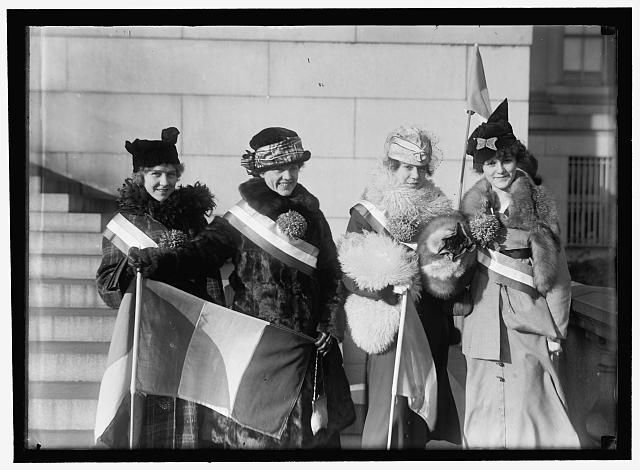
Times have changed, some. Elaine Weiss will be at The Summit on Pike on October 24th to discuss her new book, The Woman’s Hour. She will highlight suffragettes, politicians, railroad magnates, liquor companies, and ‘antis’ – women who opposed their own enfranchisement – who gathered in Nashville for a vicious face-off at this turning point in American history.
